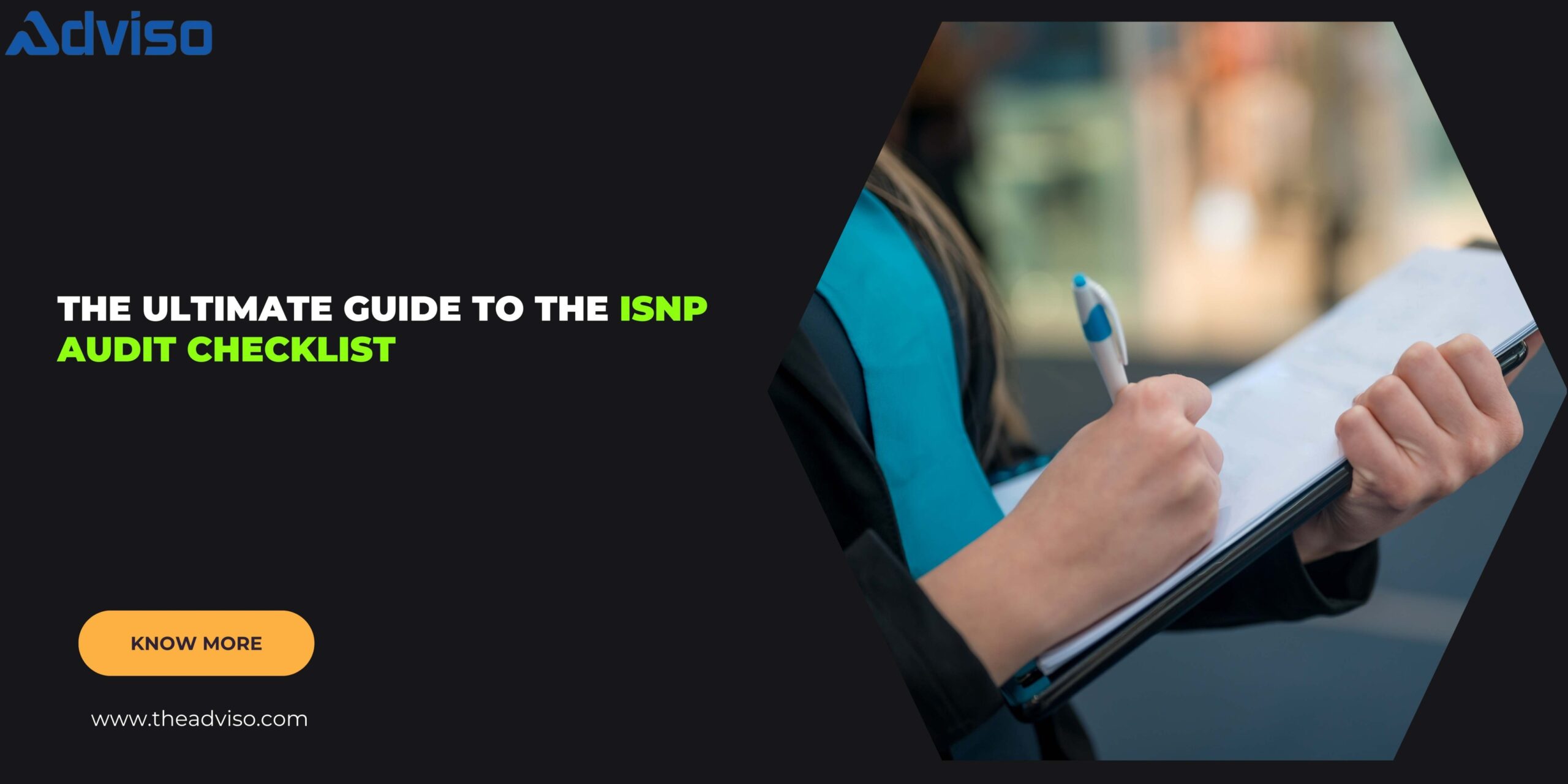ISNP Audit Checklist
In the fast-paced world of insurance, reinforcing trust, credibility, and inclusivity can be a big hassle for insurers. Today’s customers want prompt and secure insurance products from the comfort of their homes. Recognizing this shift and ever-expanding digitization, IRDAI has launched Insurance Self-Network Platforms (ISNPs) that enable insurers and insurance intermediaries to sell insurance products online. Besides, it allows for prompt KYC and account creation that help policyholders manage their insurance portfolio seamlessly. ISNPs have brought transformative changes in how insurers reach out to the potential audience and finalize the deal, ensuring amplified market presence.
ISNPs benefit both insurers and policyholders by alleviating fundamental hassles that complicate business dealings and elevate inconveniences. Policy Bazaar is the prime example of how ISNPs operate in general. Just like other IRDAI-approved businesses, operating an ISNP requires adhering to a myriad of compliances concerning operations, management, capital, data security, customer service, etc. Since ISNPs stay under the constant scrutiny of IRDAI, they are required to operate within the purview of the recommended guidelines. The article takes a comprehensive view of the ISNP Audit Checklist, detailing compliances that must be met.
What is an ISNP Audit Checklist?
The ISNP audit checklist refers to a list of compliances formulated by IRDAI for ISNPs to ensure transparency, legitimacy, and reliability. This checklist majorly revolves around key parameters such as data security, KYC procedures, e-policy issuance, and record maintenance. Fulfilling the compliances under this checklist shall keep the ISNPs aligned with the IRDAI framework, reducing risks and enhancing operational transparency.
Check out our stories: Top 6 Business Licenses and Permits in India
How Does the ISNP Audit Checklist Elevate Platform Proficiency?
Despite being a mandate, adhering to the ISNP audit checklist can lead to several benefits such as:
- Seamless Compliance: Firms can use this checklist to ensure adherence to norms concerning e-insurance policies, repositories, and e-commerce, elevating operational standards and customer trust.
- Data Security: This checklist ensures unparalleled protection for customer information against potential breaches.
- Operational Efficiency: With this checklist, ISNPs can seamlessly manage records, KYC protocols, and e-policy issuance, boosting operational efficiency that leads to sustainable growth.
- Risk Mitigation: Complying with this checklist enables ISNPs to have an edge over potential gaps or vulnerabilities within the system, overcoming operational and safety hassles.
- Customer Satisfaction: The checklist allows for hassle-free policy issuance and account creation, paving the foundation for improved customer satisfaction.
Key Compliances Under the ISNP Audit Checklist
The ISNP audit checklist covers various facets of ISNP’s operation that influence the firm’s proficiency, operational agility, and customer satisfaction. These include:
a. KYC Compliance
- As per the IRDAI, ISNPs must have an arrangement for e-KYC for validating every policyholder coming on board. The KYC must be done via Aadhaar-based authentication or other government-recognized documents.
- When it comes to e-signature verification or account validation, verify One Time Password (OTP) is a must.
b. Policy Issuance
- Policies sold via the ISNP must be issued online in the form of a digital copy such as a PDF.
- Sending policies to an e-insurance account (eIA) within 15 days from the issuance date is paramount.
c. Data Security
- While storing or transmitting customer data, adherence to robust measures is vital to ensure utmost protection against potential breaches.
- Undertaking regular vulnerability assessments and audits of how customer data is addressed and managed is essential.
d. Customer Communication
- The account creation cannot take place unless the user has a valid email ID or phone number.
- All OTPs and updates must be shared with registered contact details.
e. Audit and Record Maintenance
- Apt documentation of all the records concerning transactions and account creations is vital.
- Detailed information on all past audits should be there in a dedicated record for future reference.
Best Practices for ISNP Audit Readiness
To ensure seamless operations and hassle-free audits, insurance providers must adhere to the given best practices:
- Regular Training: Allow your team to have a constant tab on latest IRDAI updates and audit processes. Provide necessary training if possible.
- Audit Trail Maintenance: Document every facet, from account creation to policy issuance to grievance handling, for sealess reference during audits.
- Technology Upgrades: Procure a robust, safe, and scalable infrastructure that can bring ISNP to life.
- Proactive Issue Resolution: Don’t wait for minor gaps or non-conformity to escalate; fix them the moment they emerge.
- Customer-Centric Approach: Streamline and expedite the account creation process without zero safety leaks.
FAQs on the ISNP Audit Checklist
Q1: What is the purpose of the ISNP audit checklist?
The ISNP audit checklist enables insurers to comply with IRDAI’s regulatory framework, ensuring seamless and hassle-free e-policy issuance, data security, and KYC processes.
Q2: How often should ISNP audits be conducted?
It is advisable to perform audits on a quarterly basis to cope with the ever-changing regulatory landscape.
Q3: What are the consequences of non-compliance?
Non-compliance with mandatory norms can invite serious penalties, including stringent monetary fines and stoppage of business operations.
Q4: Can OTP-based validation replace e-signatures for eIA creation?
Yes, as per IRDAI’s clarification, OTP-based validation is a valid alternative to e-signatures.
Q5: How can insurers simplify eIA creation for customers?
By allowing customers to register using either an email ID or mobile number, as per the latest guidelines.
Conclusion
Fulfilling the ISNP audit checklist is a fundamental requirement to keep the operation afloat and legally viable. This checklist made things easier for insurers for compliance fulfillment. It is vital to have a firm grasp of key regulatory components as it paves the foundation for a hassle-free business operation.
Also Read: A Comprehensive Take on ISNP Guidelines




